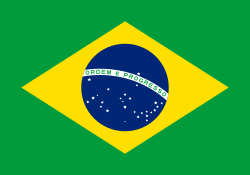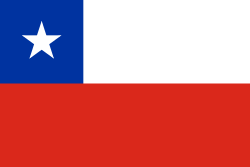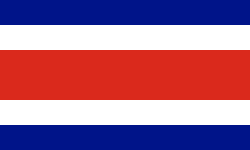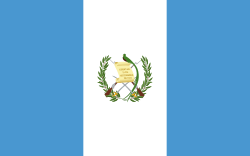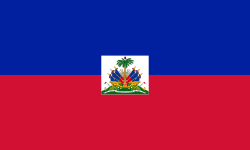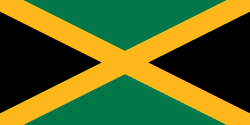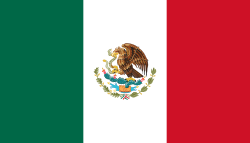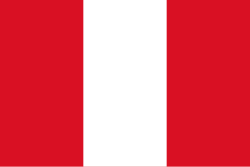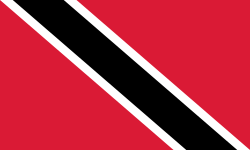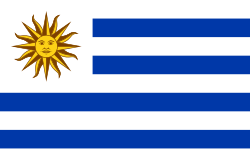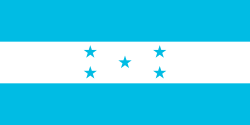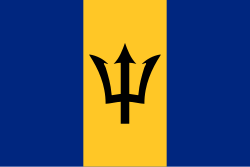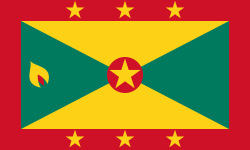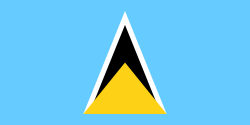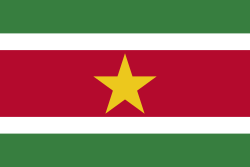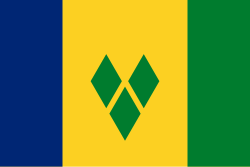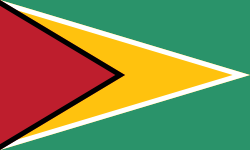FTAA
FTAA (Americká zóna volného obchodu, anglicky Free Trade Area of Americas, španělsky Área de Libre Comercio de las Américas) byl název projektu na vytvoření panamerické zóny volného obchodu (s výjimkou Kuby), která by byla vázaná paktem. Hlavním iniciátorem projektu byly Spojené státy americké, první schůzka představitelů potenciálních členských států proběhla v roce 1994 v Miami. Projekt však nebyl nikdy plně realizován (po neúspěšném summitu v roce 2005 v Mar del Plata je projekt považován za mrtvý). Namísto FTAA vznikla řada bilaterálních dohod mezi jednotlivými státy na americkém kontinentu.
Potenciální členské státy
 Antigua a Barbuda
Antigua a Barbuda Argentina
Argentina Bahamy
Bahamy Barbados
Barbados Belize
Belize Brazílie
Brazílie Kanada
Kanada Chile
Chile Kolumbie
Kolumbie Kostarika
Kostarika Dominika
Dominika Dominikánská republika
Dominikánská republika Salvador
Salvador Grenada
Grenada Guatemala
Guatemala Guyana
Guyana Haiti
Haiti Honduras
Honduras Jamajka
Jamajka Mexiko
Mexiko Panama
Panama Paraguay
Paraguay Peru
Peru Svatý Kryštof a Nevis
Svatý Kryštof a Nevis Svatá Lucie
Svatá Lucie Svatý Vincenc a Grenadiny
Svatý Vincenc a Grenadiny Surinam
Surinam Trinidad a Tobago
Trinidad a Tobago Spojené státy americké
Spojené státy americké Uruguay
Uruguay
Související články
Externí odkazy
- (anglicky) FTAA Countries
Média použitá na této stránce
Flag of Canada introduced in 1965, using Pantone colors. This design replaced the Canadian Red Ensign design.
Při zobrazení tohoto souboru lze snadno přidat orámování
The flag of the Dominican Republic has a centered white cross that extends to the edges. This emblem is similar to the flag design and shows a bible, a cross of gold and 6 Dominican flags. There are branches of olive and palm around the shield and above on the ribbon is the motto "Dios,Patria!, Libertad" ("God, Country, Freedom") and to amiable freedom. The blue is said to stand for liberty, red for the fire and blood of the independence struggle and the white cross symbolized that God has not forgotten his people. "Republica Dominicana". The Dominican flag was designed by Juan Pablo Duarte, father of the national Independence of Dominican Republic. The first dominican flag was sewn by a young lady named Concepción Bona, who lived across the street of El Baluarte, monument where the patriots gathered to fight for the independence, the night of February 27th, 1844. Concepción Bona was helped by her first cousin María de Jesús Pina.
The flag of the Dominican Republic has a centered white cross that extends to the edges. This emblem is similar to the flag design and shows a bible, a cross of gold and 6 Dominican flags. There are branches of olive and palm around the shield and above on the ribbon is the motto "Dios,Patria!, Libertad" ("God, Country, Freedom") and to amiable freedom. The blue is said to stand for liberty, red for the fire and blood of the independence struggle and the white cross symbolized that God has not forgotten his people. "Republica Dominicana". The Dominican flag was designed by Juan Pablo Duarte, father of the national Independence of Dominican Republic. The first dominican flag was sewn by a young lady named Concepción Bona, who lived across the street of El Baluarte, monument where the patriots gathered to fight for the independence, the night of February 27th, 1844. Concepción Bona was helped by her first cousin María de Jesús Pina.
The national and official state flag of Haiti; arms obtained from File:Coat of arms of Haiti.svg. The civil flag can be found at here.
Flag of Jamaica. “The sunshine, the land is green, and the people are strong and bold” is the symbolism of the colours of the flag. GOLD represents the natural wealth and beauty of sunlight; GREEN represents hope and agricultural resources; BLACK represents the strength and creativity of the people. The original symbolism, however, was "Hardships there are, but the land is green, and the sun shineth", where BLACK represented the hardships being faced.
Autor: Andres Rojas, Licence: CC BY-SA 4.0
Free Trade Area of the Americas (logo).




